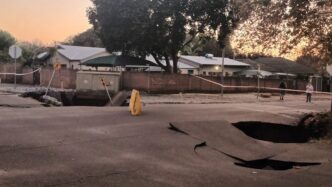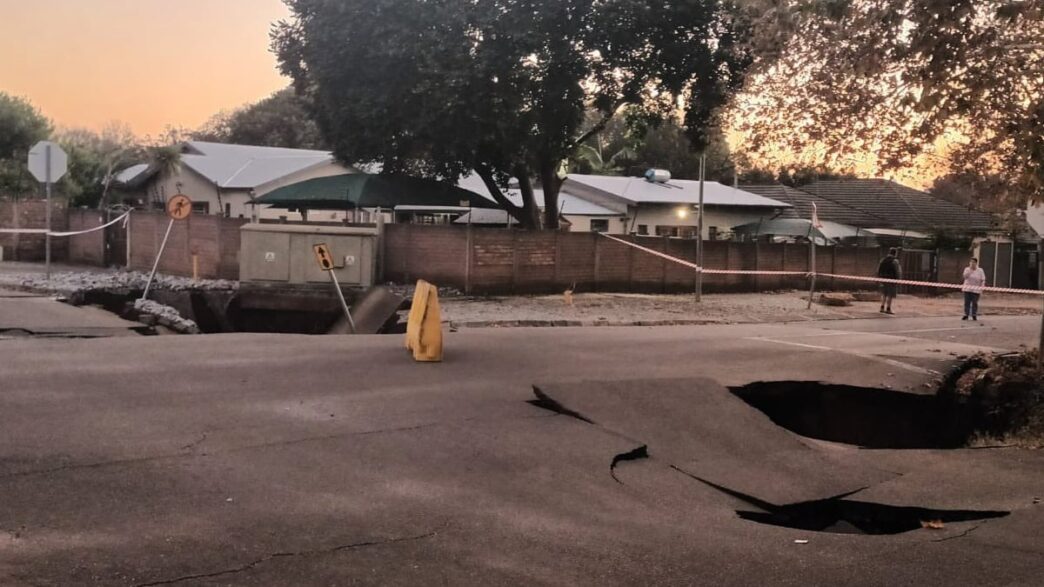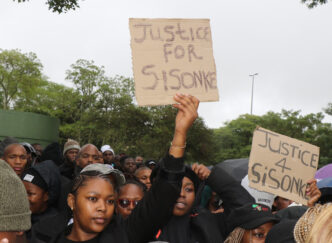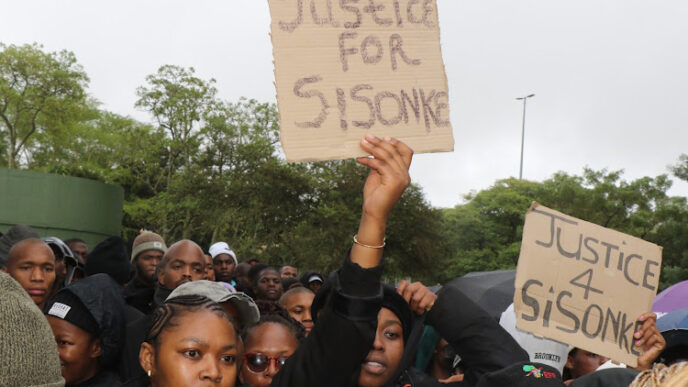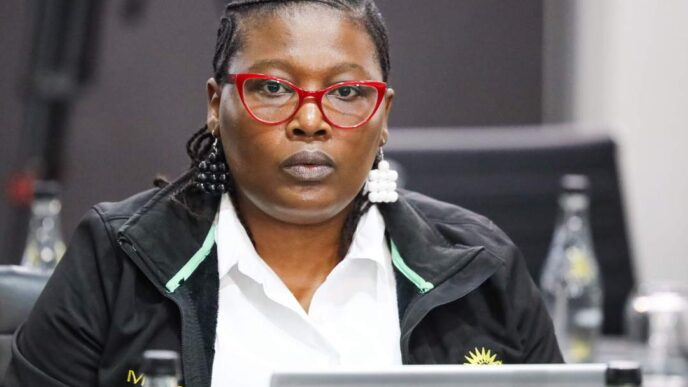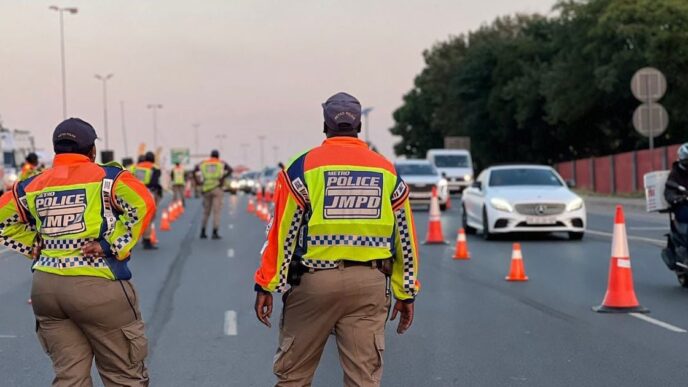South Africa’s administrative capital, Tshwane , is unraveling under the weight of systemic neglect, with residents enduring daily crises ranging from water outages to unsafe roads and erratic electricity supply. Described as a “collapse in front of everyone’s eyes”, the city’s deterioration mirrors broader national challenges, where mismanagement, corruption, and underinvestment have eroded public trust in governance structures.
The crisis manifests in decaying infrastructure, with roads, bridges, and public buildings left to deteriorate due to chronic underfunding and bureaucratic inertia. Water supply systems, plagued by leaks and aging pipelines, have left communities reliant on emergency tankers, while waste management failures result in garbage-strewn streets. Loadshedding—a nationwide scourge—further paralyzes economic activity, with businesses and households grappling with unpredictable power cuts.
Institutional fragility exacerbates the situation. The South African Post Office (SAPO) reported a staggering operating loss of R2.17 billion in 2024, signaling institutional collapse amid mismanagement. Similarly, the state IT agency faces criticism for failing to modernize systems, prompting calls for urgent reforms. Corruption scandals involving inflated contracts and embezzled funds have drained municipal budgets, diverting resources from critical repairs and development projects.
Public frustration has reached a boiling point. Protests erupt frequently, with citizens demanding accountability and action. Civil society groups argue the crisis reflects deeper flaws in post-apartheid governance, where political patronage and bureaucratic inefficiency overshadow service delivery priorities. “We’re caught between incompetence and greed—nothing works anymore,” lamented a Pretoria resident.
Efforts to address the collapse remain fragmented. While the national government pledges funding for infrastructure upgrades, critics stress that systemic reforms—including anti-corruption measures and performance audits—are essential to restore functionality. The situation in Tshwane underscores the urgent need for coordinated action, decentralized governance, and private-sector partnerships to rebuild trust and stabilize urban centers.
As the capital grapples with its existential crisis, the broader implications for South Africa are stark: without decisive intervention, the nation’s cities risk further descent into chaos, deepening socio-economic divides and eroding confidence in public institutions.
